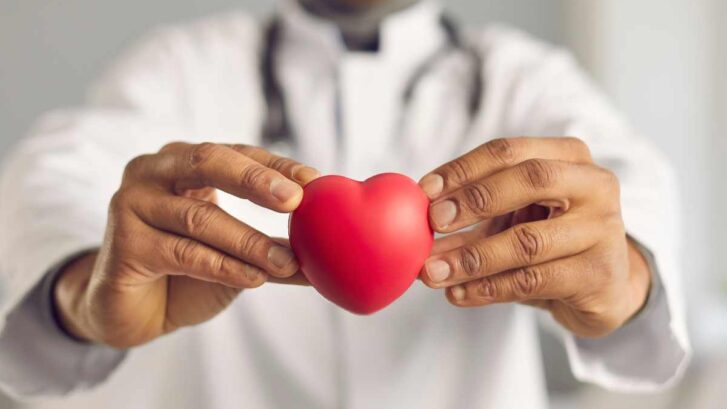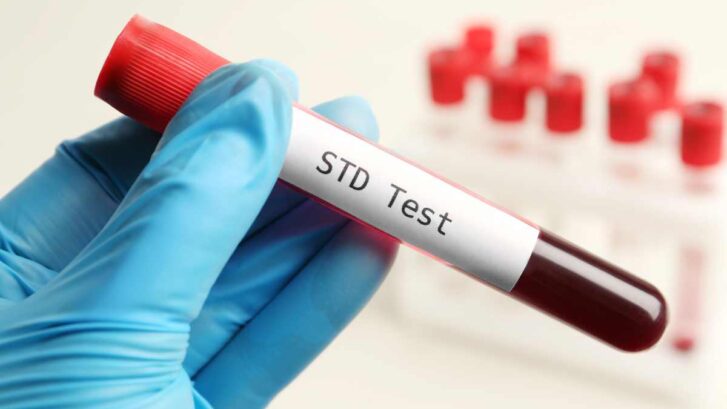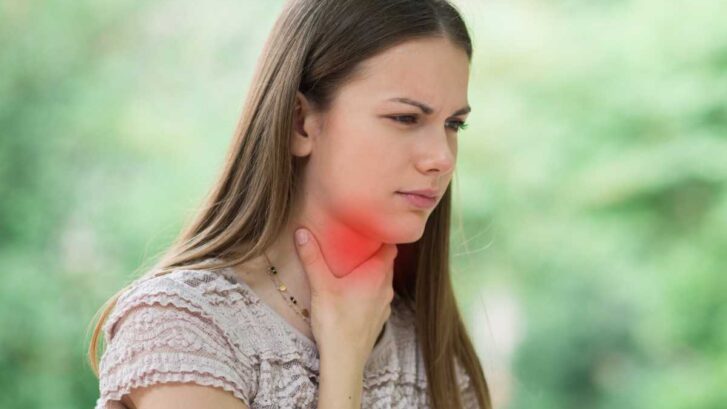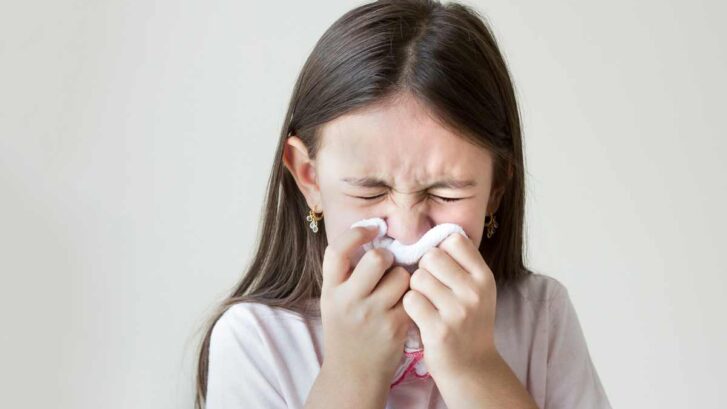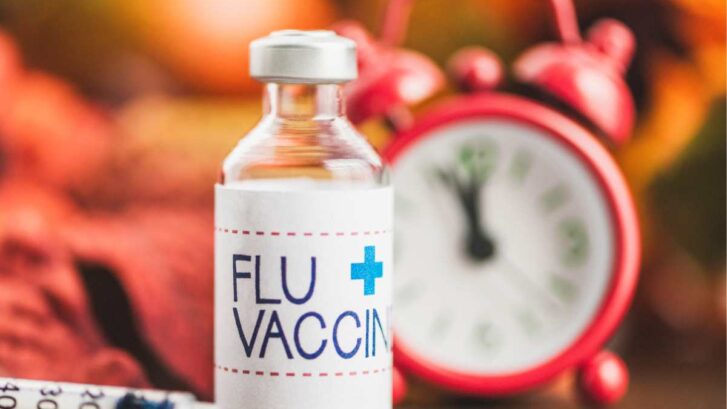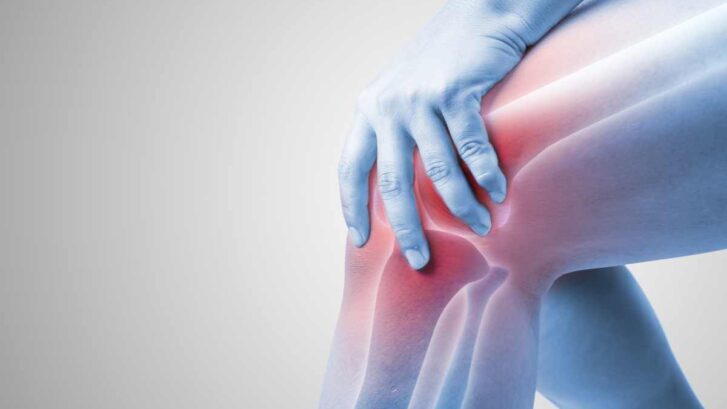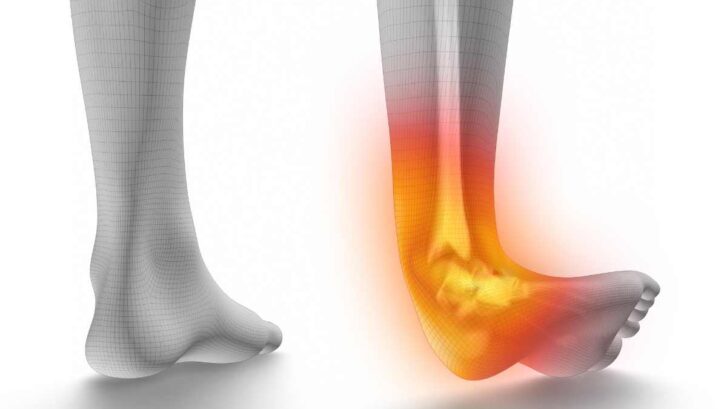10 Essential Tips for a Healthy Heart
February is known as the month of love, but it’s also recognized as American Heart Month. What better time to focus on keeping your heart healthy and happy? Heart disease is the leading cause of death worldwide, and it’s crucial to take care of this vital organ. It’s always possible to start making heart-healthy choices and prioritize cardiovascular health.
To help you get started, we’ve compiled ten essential tips for a healthy heart. These tips are easy to implement in your daily routine and will go a long way towards protecting your heart and improving your overall well-being.

Why is heart health important?
First and foremost, a healthy heart reduces the risk of heart disease, which can lead to heart attacks, stroke, and other severe conditions. The World Health Organization states that up to 80% of heart disease is preventable through healthy lifestyle choices. This emphasizes the importance of taking care of our hearts.
Furthermore, a healthy heart allows us to have an active lifestyle. Regular exercise and physical activity are essential for maintaining a healthy heart. When we have a healthy heart, we have more energy to engage in various physical activities such as running, swimming, or walking. Being physically active also helps us maintain a healthy weight, reducing the risk of obesity, a significant risk factor for heart disease.
In addition to these physical benefits, taking care of our hearts also positively impacts our mental well-being. A healthier heart is less likely to experience depression, anxiety, and other mental health issues. This is because exercise and other heart-healthy habits release endorphins, also known as “feel-good” hormones, which can boost our mood.
Essential tips to prevent heart disease

Now that we understand the importance of heart health let’s look at some ways to maintain it.
- Eat a healthy and balanced diet
A well-balanced diet can reduce the risk of heart disease and keep your heart healthy. Include plenty of fresh fruits, vegetables, and whole grains. Limit your intake of saturated and trans fats, cholesterol, and added sugars. Opt for lean protein sources like chicken or fish, and avoid processed meats. Additionally, try incorporating heart-healthy fats like avocado, olive oil, and nuts into your diet.
- Get moving every day
Regular physical activity is vital for maintaining a healthy heart. Aim for at least 30 minutes of moderate-intensity exercise, such as brisk walking, jogging, or cycling daily. You can also incorporate strength training activities like lifting weights or resistance bands. Regular exercise can improve heart health, lower blood pressure, and reduce stress.
- Say no to tobacco products
Smoking and using other tobacco products can cause serious harm to your heart and overall health. It’s never too late to quit smoking, and doing so will significantly reduce your risk of heart disease. If you need help quitting, contact your healthcare provider for support.
- Limit alcohol consumption
Excessive alcohol consumption can lead to high blood pressure, heart failure, and stroke. If you choose to drink alcohol, do so in moderation. According to the Centers for Disease Control and Prevention, moderate alcohol intake means one drink per day for women and two drinks per day for men.
- Manage stress effectively
Chronic stress can have a detrimental impact on your heart health. Find ways to reduce stress in your daily life, such as deep breathing, yoga, or meditation. Engaging in hobbies and activities can also help lower stress levels.
- Get enough sleep
Getting enough sleep is crucial for your heart health. Lack of sleep or poor-quality sleep can increase your risk of high blood pressure, diabetes, and obesity. Aim for seven to eight hours of sleep each night, and establish a sleep routine to improve sleep quality.
- Keep an eye on your blood pressure and cholesterol levels
It’s essential to monitor your blood pressure and cholesterol levels regularly. High blood pressure and high cholesterol are two significant risk factors for heart disease. If your levels are elevated, work with your doctor to manage and lower them.
- Maintain a healthy weight
Being overweight or obese can put a strain on your heart and increase your risk of heart disease. Maintain a healthy weight by following a balanced diet and engaging in regular physical activity. Consult with your healthcare provider to determine a healthy weight range for your body.
- Be mindful of medications
Some medications can have adverse effects on your heart and overall health. Consult with your healthcare provider to ensure that your medications are not causing any harm and to explore alternative options if necessary.
- Stay informed and educated
Lastly, stay informed about heart health by regularly checking reliable sources and consulting your healthcare provider. Knowledge is power, and by staying informed, you can make better choices for your heart and overall well-being.
Prioritizing your heart health is crucial for a long and healthy life. With these ten essential tips, you can make positive changes to protect your heart and reduce your risk of heart disease. Let’s use February as a reminder to show love to those around us and our hearts. Remember, there is always time to start taking care of your heart. Commit to incorporating these tips into your daily routine and watch as your heart thanks you for years to come.
Transform your heart health with UrgentcareMDs
If you’re looking for a top-rated “urgent care near me,” UrgentcareMDs offers state-of-the-art methods to prevent heart disease and promote overall heart wellness. Our comprehensive approach includes personalized dietary recommendations and stress reduction strategies to best support your heart health.
Our highly trained and experienced primary care physicians in Baytown, TX have compiled the top 10 essential tips for maintaining a healthy heart so you can feel your best and live your life to the fullest. Visit one of our clinics near you and experience the best medical care:
Join the countless individuals who have already improved their heart health with UrgentcareMDs. Take action now and schedule an appointment with our dedicated team to start your journey towards a healthier heart. Your heart will thank you for it!
Remember, your heart is the most vital organ in your body – don’t neglect it! Trust UrgentcareMDs for all your heart health needs and make the first step towards a more robust, healthier heart today. Contact us now, and let us help you live your life to the fullest!

***
The material on this site is for informational purposes only and DOES NOT CONSTITUTE THE PROVIDING OF MEDICAL ADVICE, and is not intended to be a substitute for independent professional medical judgment, advice, diagnosis, or treatment. Always seek the advice of your physician or other qualified healthcare provider with any questions or concerns you may have regarding your health.

